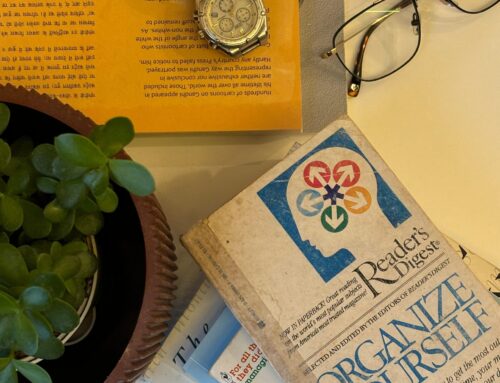When we talk with our mom, we keep digressing into our family jokes and memes (we have several of them) at every opportunity. Our dad always wonders why we could not stay on the course of discussion and keep it simple. My Mom also has a special flair for using proverbs and what is noteworthy about her proverbs is that they are amazingly rustic and reflect the contemporary Indian culture. She attributes most of them to her grandmother.
Let me introduce some of those rustic proverbs to you, especially the ones that are less known and not part of literature. They are in the Marathi language, so I will translate them into English first, for the benefit of people who do not know Marathi, and then talk about their usage.
- पायावर पाणी टाक म्हणले तर म्हणे सा़खळ्या केवढ्याच्या आहेत.
Translation: when I asked her to pour water on my feet, she is asking me the price of my anklets.
Explanation and usage: Traditionally, the hosts offer water to the guests to wash their feet, before the guests are welcomed inside the house. A small washing place after the main gate facilitates this. Most often the guests remove their footwear, gently lift their robe to expose their feet and a helper would pour water on their feet. The helper has this simple task to do. Imagine a helper casually asking the price of the anklets worn by the guest, while pouring the water.
This proverb is used for a person poking her nose into the matter that is none of her business, especially when she is misusing a little limited liberty given to her.
- नाक कापले तर म्हणे दोन भोकं आहेत.
Translation: The person says he still has two holes to breathe when his nose is chopped off.
Explanation & Usage: The proverb is used for shameless people who despite being punished and humiliated, continue with their acts without learning any lesson from it.
- गांव खाउन हनुमान तोंडी लावणे
Translation: Consuming the lord Hanuman along with the whole village.
Explanation & Usage: Traditional Indian meals include something called “chutney”. It’s more like a relish consumed between two bites of the main course, in very small quantity, typically by licking it after taking it on your finger. It’s placed on the same plate but at the edge, away from the main food. Typical Indian village settlements have a Hanuman (a god) temple just outside the main settlement. If someone has to devour the whole village as his food, the Hanuman temple would appear to him like a “chutney” and would not hesitate to consume even that.
The proverb is used for mindless gluttony.
- वेड्याचं एक ठिकाणी शहाण्यचं तीन ठीकाणी
Translation: an insane person has it (snot) at one place, but a sane person would have it at three.
Explanation & Usage: An insane person wouldn’t care to hide snot coming from his nose. But a sane person in his attempt to hide this blemish would first wipe it with his bare wrist and then realizing what he did is not enough will clean his wrist by wiping the wrist to the sides of his shirt and thus ending up having it at three places.
The proverb is used for situations where you feel that you employed an overqualified person who messed up the whole situation in his vanity.
What proverbs similar to this come to your mind from other languages? Write to me.
(featured image: Photo by Sonuj Giri on Unsplash)






